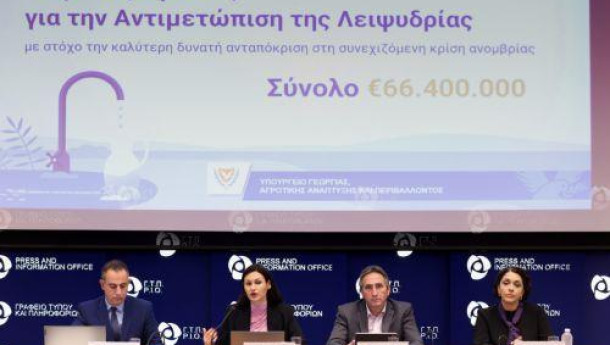
A total of 510,000 cubic metres per day will be produced by the beginning of the next decade from the stationary and mobile desalination plants, covering 100% of the drinking water needs for the next decades, Minister of Agriculture, Rural Development and Environment, Maria Panayiotou, said on Wednesday, noting that today 235,000 cubic metres are produced per day.
Speaking during a press conference for the presentation of the Ministry's Action Plan for Combating Water Scarcity Panayiotou noted that the Action Plan has as its central objective the enhancement of water security and the better management of water resources and includes a total of 28 actions, starting with 7 direct ones, aiming at the best possible response to the ongoing drought crisis with a budget of €66.4 million.
She said that the hydrological year 2023-2024 was the eighth driest in the last 50 years, with inflows to the main dams amounting to just 24.7 million cubic metres, equivalent to 8.5% of their total capacity, while current occupancy is 25.4%, compared to 46% last year.
She added that an awareness campaign on the need to reduce water wastage is being carried out through TV spots, visits to schools, educational workshops and other actions, while an attempt is being made to reduce network losses with targeted actions in cooperation with the District Self-Government Organisations.
She also referred to an increase in the De Minimis scheme budget for irrigation from €200,000 to €400,000 per year, with the aim of repairing and improving infrastructure and addressing problems that cause significant water losses.
Regarding the medium-term actions, the Minister said that these include studies and projects that will be completed within the next 2-5 years for the revision of the water policy, which will form the backbone of the long-term planning to address water scarcity and the revision of the tariff policy, with a timetable for completion within 2025.
Concerning long-term actions, she said that they include the upgrade and expansion of existing desalination units, aiming to increase the annual water balance from 10 million to 40 million cubic meters, the construction of two new permanent desalination units with a total capacity of 140,000 cubic meters per day and the possibility of expanding to 180,000 cubic meters per day, while the Water Development Department plans to identify the location for one more unit.
Asked what kind of support Cyprus expects from the new European Commission on water management, Panayiotou said she had a meeting on Tuesday with the European Commissioner for Agriculture and Food, who, she said, was aware of the problems since Cyprus has informed the Council twice about the adversities it faces.
"What we are asking for at MED9 level is a holistic approach on water issues. We understand that many countries are facing problems, countries like Cyprus and Greece and other Mediterranean countries are facing drought, while other countries have just the opposite, excessive amounts of water that also cause problems for farmers. So, we are asking for solutions, we are asking for the possibility of financial tools, simplified procedures, further enhancing the possibilities that technology offers us so that we can be more direct and more targeted towards our farmers", she noted.
She added that the European Commissioner was positive to her suggestions, noting that irrigation issues are on his priorities as well, with more on this expected in discussions that will take place in March.

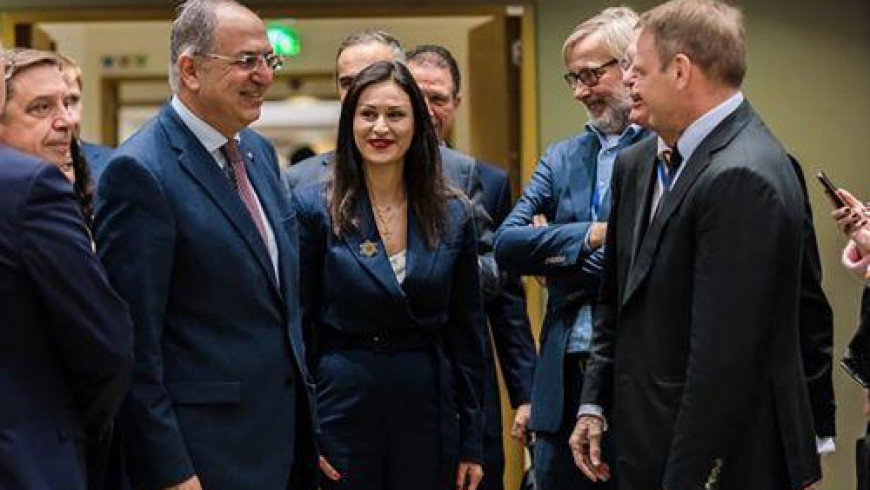

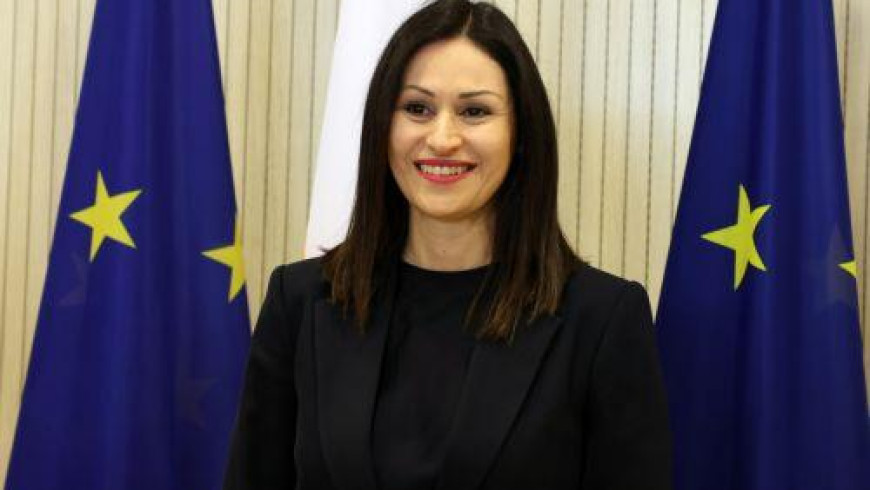
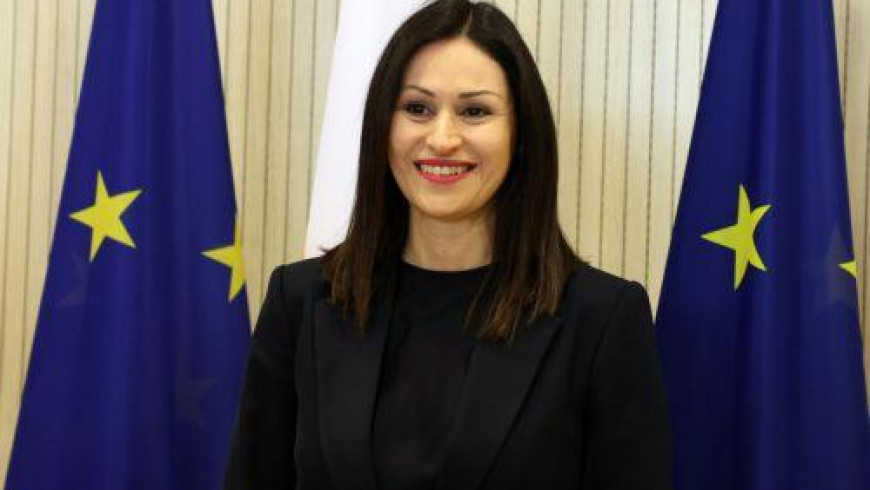
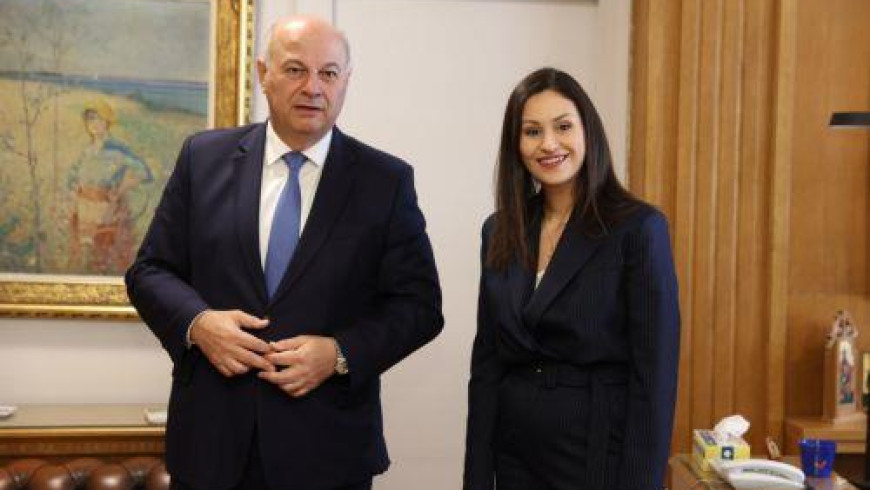
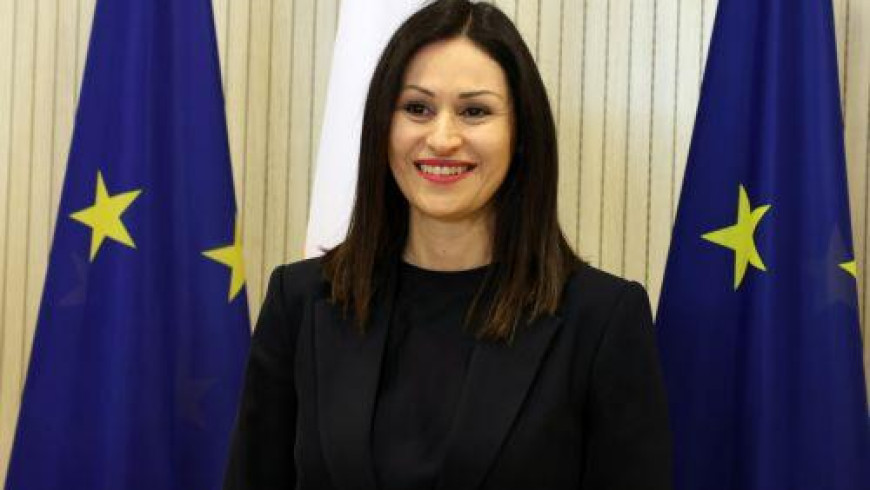
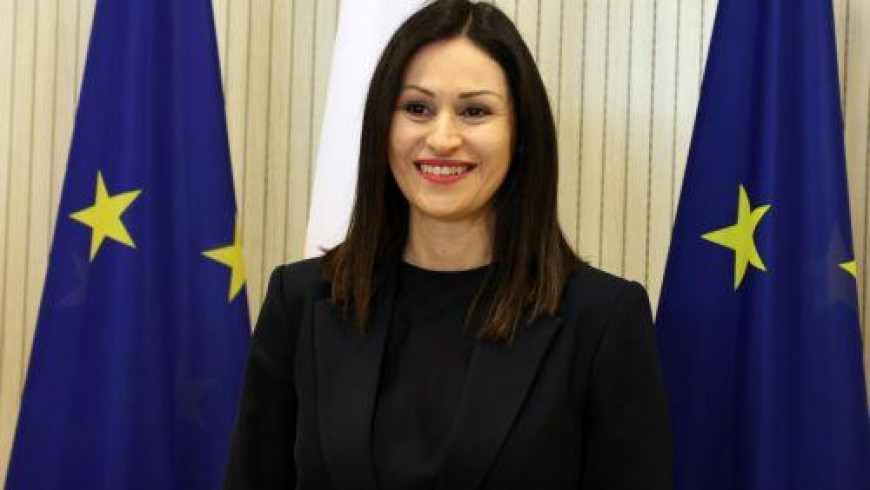






 3287.99
3287.99 1275.09
1275.09
